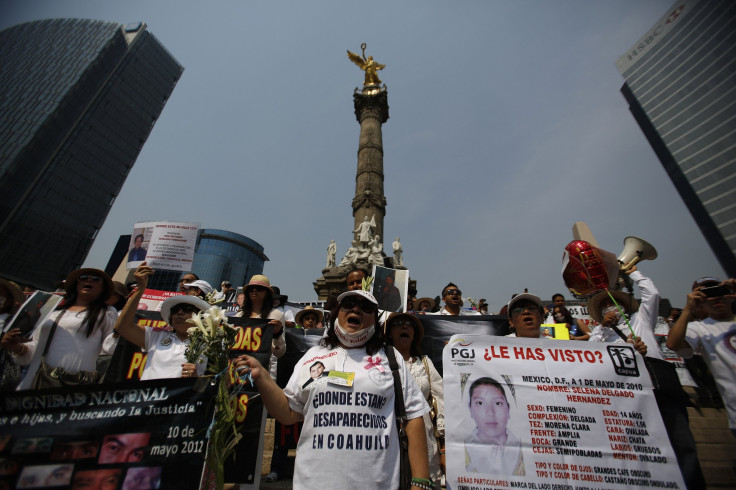Kidnappers Are Changing The Way They Do Business, But So Are The Companies That Sell Kidnap And Ransom Insurance

Most big companies operating in far flung and dangerous areas of the planet now offer kidnap and ransom insurance for their staff. As kidnappings in places like northern Nigeria and Algeria are increasing, and as the populations in developing countries change and become more affluent, the kidnap insurance business is booming.
According to a report in the Economist, the kidnapping market is worth about $250 million, double its profit margins since 2006. Premiums for many large companies are in the millions, with lone businessmen expecting to pay between $3,000 and $6,000.
Most plans cover loss of earnings, the hiring of negotiators and consultants and, of course, the ransom payment, but the way kidnappers operate has begun to change. For example, greater military protection in key shipping areas such as the Gulf of Aden, where Somali pirates took hundreds of hostages from 2007 up until May 2010, has meant that kidnappers have had to look at other ways to make money.
While it’s hard to know for sure, reports suggest a world total of 12,500-25,500 kidnappings per year with 3,600 in Colombia alone and far more than that in Mexico. Usually the victims are wealthy or work for high-profile companies that are obliged to pay the ransom to get their staff back.
However, as the middle class grows in Africa, India and Latin America, a new type of victim is emerging: the regular man on the street, who has the ability to pay ransoms, albeit much smaller than the millions demanded from huge corporation and governments. Now kidnappers are more likely to target normal families and instead ask for smaller ransoms but on a more regular basis, some even operating highly professional businesses that deal in multiple cases at any given time, says Mark Harris, director of crisis response at the Olive Group consultancy firm.
Some insurance firms are now offering training to reduce the risks in the first place. The measures are designed to lower premiums and get the client home safely. At the most recent G-8 summit meeting in June, government ministers agreed to stop paying ransoms to terrorists, instead requesting that insurers adopt better kidnap prevention practices.
Now firms have developed operations centers, often manned by ex-military personnel who are skilled in dealing with kidnap situations. In some cases, clients are issued with tracking devices to show their location in real time.
The changing face of kidnap insurance has come at the right time as many kidnap gangs are using social media to find victims that work for companies that are known to have kidnap insurance, or people from countries that do pay ransoms. This has led to the belief that paying kidnap ransoms only fuels the industry, both the kidnapping one and the insurance industry.
© Copyright IBTimes 2024. All rights reserved.












